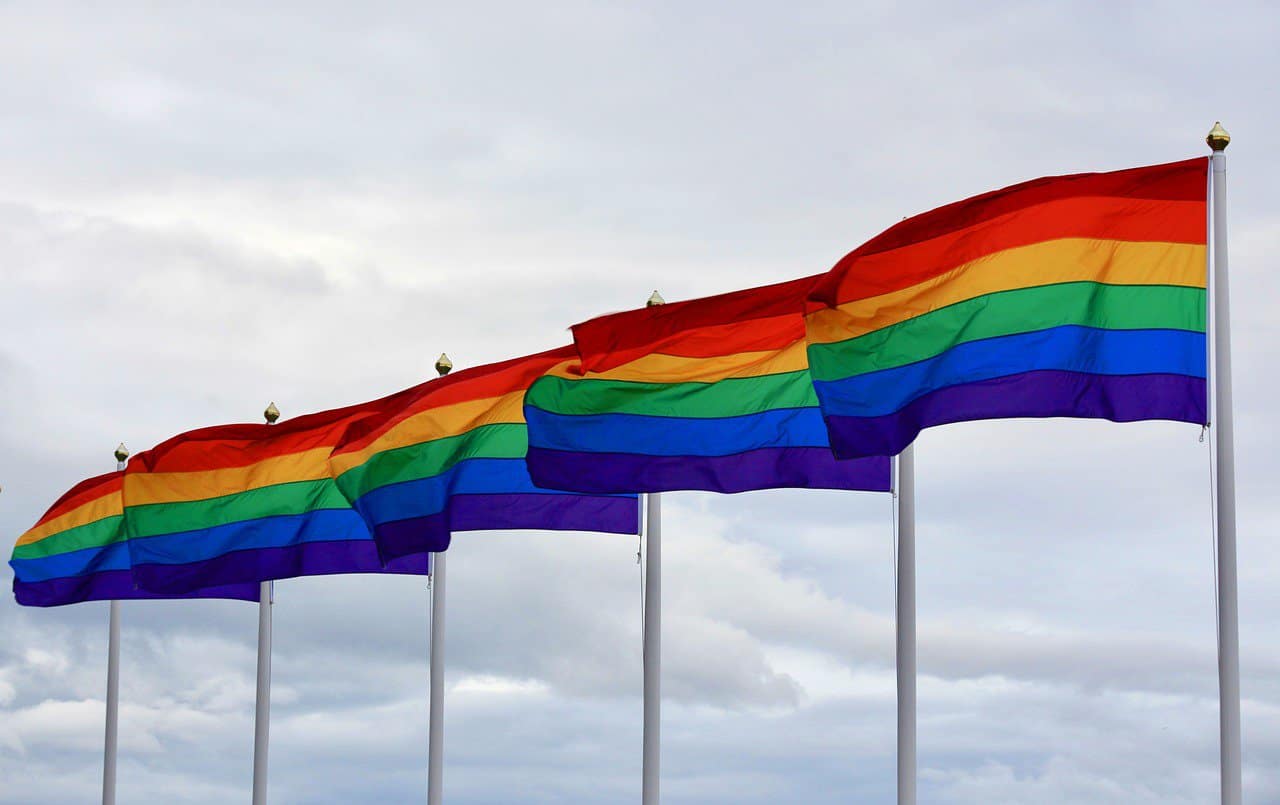By Kyle Bonner, LCSW, LCADC
June is LGBTQ (Lesbian, Gay, Bisexual, Transgender, Queer) Pride month, a celebration of the LGBTQ community and commemoration of the 1969 Stonewall uprising, which was the catalyst for the gay rights movement in the United States and around the world.
While great strides have been made in accepting and supporting the LGBTQ community, many queer people still endure repeated traumas that they carry with them throughout their lives — from being bullied or being rejected to living a life of secrecy.
Though these may not be considered “big traumas” like the mass shooting at a popular gay nightclub in Colorado last year that left five people dead, these “little traumas” can build up and lead to a lifetime of emotional pain and distress.
And while gay women and other LGBTQ people may face similar traumas, the manifestation of those traumas is often different, especially for gay men, compared to other subgroups.
At Penn Medicine Princeton House Behavioral Health, men struggling with trauma and its effects have access to care that is inclusive and accepting of all patients regardless of sexual identity or orientation.
This care includes the Men’s Program, which serves as a safe, trust-filled environment for men who have experienced traumatic events that are impacting their well-being and overall functioning.
Little Boy with a Secret
Trauma is an emotional response to a distressing or life-threatening event which overwhelms an individual’s ability to cope.
For many gay men, the foundation of trauma begins as a little boy with a secret. They learn early on that they can’t live as their authentic selves and have to hide who they are, or risk being picked on, harassed, or worse.
At the same time, they see a world around them where their heterosexual peers can be themselves, which can lead to feelings of isolation and exclusion.
Consider, for instance, that heterosexual couples can hold hands in public or share a kiss on the street without being made fun of or called derogatory names.
They can dance together at a wedding without other guests snickering. They can introduce their partner to their family without fear of anger and rejection.
These “little Ts,” or microtraumas, can often be the most insidious because they’re the ones gay men have to live with every day. Microtraumas can deplete self-image, increase social anxiety, and keep gay men from living their full truth.
Signs and Symptoms of Trauma
As with any trauma, it’s the behaviors that follow that are critical. In gay men specifically, sometimes those behaviors can manifest in extremely ineffective ways.
Research shows that gay men are at greater risk for substance abuse and suicide compared to other men. They also have higher chances of major depression, bipolar disorder, and generalized anxiety disorder.
Signs and symptoms of trauma may also include:
- Flashbacks or intrusive memories, such as bullying and harassment.
- Hypervigilance, which means always being on alert for danger and startling easily.
- Periods of intense prolonged distress.
- Social isolation, avoiding friends and family.
- Difficulties maintaining healthy relationships.
- Sleep disturbances.
- Overcompensating in other areas of your life such as at work or at school.
- Dependence on alcohol or drugs.
- Unexplained physical pain.
Compassionate Care
In addition to being at greater risk for a range of mental health complications, gay men face additional barriers to mental health treatment.
Often, men in general are resistant to treatment. For gay men, who have learned to keep their life secret, it can be uncomfortable reaching out and sharing things with others. They may also worry about whether they’ll be treated differently.
Finding a compassionate therapist who doesn’t shy away from conversations about sexual orientation and who understands the trauma gay men experience is important. In addition, identifying a therapist who self-discloses their sexual orientation can also help remove roadblocks to care.
For patients in the Men’s Program at Princeton House, treatment includes a comprehensive evaluation and medical management by a board-certified psychiatrist, an individualized recovery plan, group and individual therapy, coping and life skills training, education on maintaining physical and emotional health, family sessions, and a dialectical behavior therapy group for better emotional control. The Men’s Program is not limited to gay men and is open to all men who identify as male.
The program helps patients to:
- Understand the relationship between trauma and psychiatric symptoms.
- Establish and maintain safety.
- Facilitate healthy ways of managing emotion.
- Avoid the pitfalls of substance use.
- Learn coping and relationship-building skills.
- Understand how behaviors that were once adaptive and useful for survival may no
longer serve that function. - Build self-esteem and self-confidence through self-empowerment.
The Men’s Program is currently available at Princeton House locations in Princeton, Eatontown, and Moorestown.
For more information about Penn Medicine Princeton House Behavioral Health, call 888-437-1610 or visit www.princetonhouse.org.
Kyle Bonner LCSW, LCADC, is a licensed clinical social worker and licensed clinical alcohol and drug counselor. He is the Diversity Equity Inclusion Coordinator at Penn Medicine Princeton Health.

